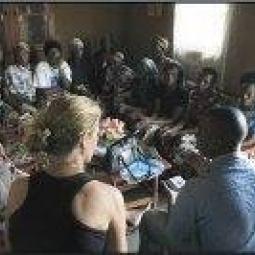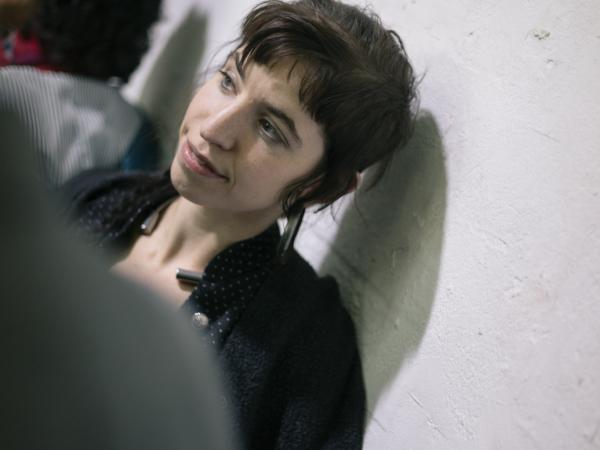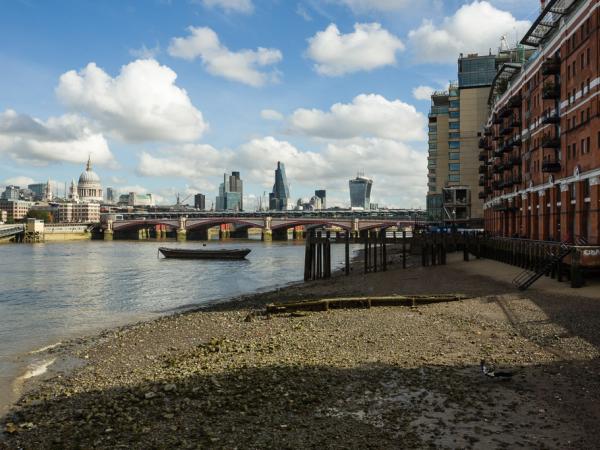Biography
For nearly twenty years Angela Blakely and David Lloyd’s work has explored conflict and personal crises, both abroad and closer to home. Their collaborative documentary practice began in 1994 when they were commissioned by the History Section of the Australian Army to accompany the first rotation of troops to Rwanda and document Australia’s involvement in that crisis.
They have also worked individually in crisis areas in Bosnia, Somalia and Malawi (east Africa) as well as working on a number of projects within Australia exploring: hospice and palliative care, suicide and grief, eating disorders, and working closely with local Indigenous agencies documenting substance misuse in the Mount Isa area. Together, they define their collaborative social documentary practice as a form of storytelling.
Distinct from photojournalism, social documentary photography explores intimately the lives of others. The social documentary photographer is an author, a biographer, a collaborator and an interpreter. Blakely/Lloyd argue that documentary practice is an intersection of investigative journalism, ethnography and the culture of aesthetics. For Blakely and Lloyd, (visual) storytelling is a strongly political act. It can be used to challenge the boundaries that promote exclusion and establish a more universal and inclusive community. In attempting to give voice to the people in their stories, they seek to celebrate each person’s particularity, negate stereotypes and identify those traits that connect us as a species.






